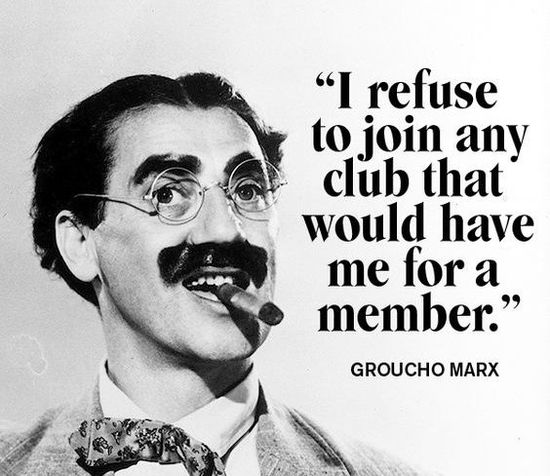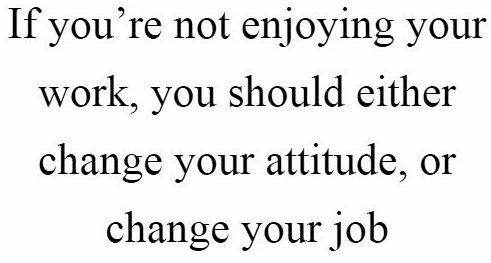
Civil Engineering Job Interviews: Groucho Marx Syndrome
The great comedian Groucho Marx once said “…I don’t want to belong to any club that will accept me as a member.” His self-deprecating comment rings all too true with many civil engineering firms who wrongly believe that they are not worthy of attracting the profession’s top talent. I call this “low company esteem.” What are the systems of this malady? Frequently, they are manifested in comments made by principals and other hiring managers to external recruiters. Here are samplings of recent exchanges:
• “This candidate has a great background and has tenure with their current firm. Why would they want to work here?”
• “This candidate will probably just interview with us to get a counter offer then reject us.”
• “This candidate has had great success in their past…they will be bored here.”
• “This candidate has always worked for top-tier firms. Why would they want to work at a firm like ours?”
While some of these concerns may be valid based on past experience, more often than not, insecurity leads to inertia. Frequently, when receiving a search for a senior level hire, I am given the challenge to find someone that “will take us to the next level.” While further prodding sometimes reveals that there is no internal consensus on what that actually means or entails, in the early stages of the sourcing phase, one thing becomes clear: what they want is someone just like them who will achieve a level of practice excellence that they have been unable to through their own efforts and resources.
While no one would argue that ensuring a “fit” between the candidate and both the job and the company’s culture are essential to success, sometimes the counter-intuitive hire can bring a unique perspective, as well as seeing the firm through fresh eyes. This results in a renewed focus on using the firm’s talent, brand and market penetration to help it become what it can be, instead of the pattern of focusing on the past missteps and hurdles that accompany institutional knowledge.
The first interaction a strategic hire should have, that all-important “face of the company,” should be its best cheerleader who leaves every candidate hungering to join the firm whether or not the feeling is mutual. However, if interviewers suffer from low company esteem, they’ll consistently struggle with articulating the benefits of joining their firm over another and the quest for quality staff will continue to elude them.
Human resources and corporate leaders need to first find a way to assess, monitor and increase the morale and esteem of their key hiring authorities to ensure that they are adequately equipped to attract the level of candidates that will enable the firm to accomplish its strategic objectives. They then need to identify and target the very best in the profession or market segment and approach their recruitment with the same unabashed abandoned as did Saturday Night Live’s “Stewart Smalley” character: “I’m good enough, I’m smart enough and, gosh darn it, people like me.”
The Metzner Group Blog


Celebrating more than
30 years
An executive search firm, dedicated exclusively to A/E/P recruitment throughout North America.
QUICK LINKS
All Rights Reserved | Metzner Group | Website & Hosting by SovoWeb a division of RedXWebDesign

